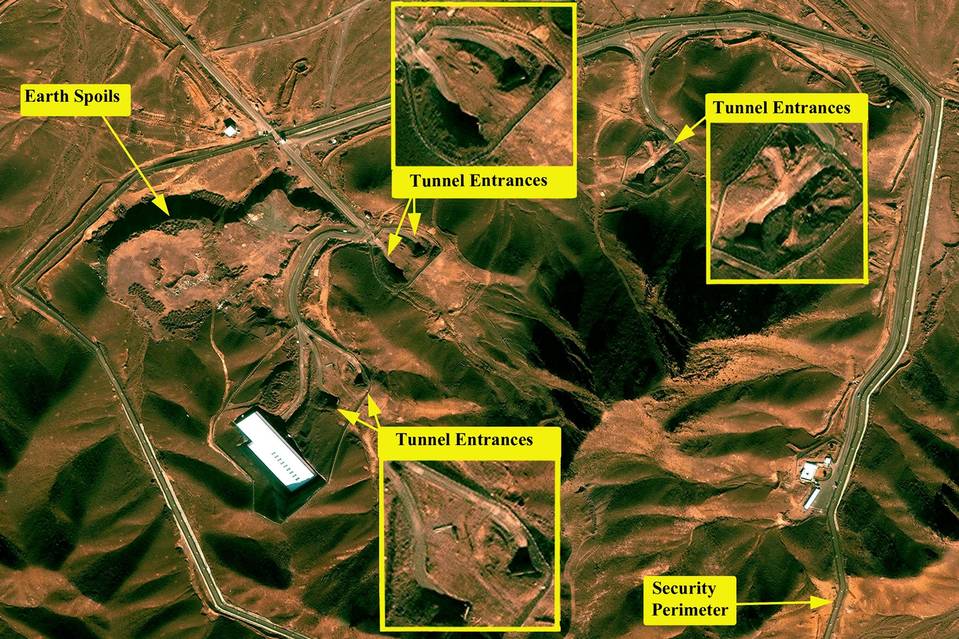Bomb the crap out Iran’s nuke sites.
Like I said earlier: ” It’s all the more reason to bomb the hell out of their nuke and ICBM facilities, and more importantly, destroy their sea ports from where they send oil out for refinement into petrol, including the placing of warships at foreign ports that receive their oil for export. That would take care of any blow back for not fully destroying their nuke sites and capabilities and ensuring that the US sets the terms for their complete and unconditional surrender of their nuke aims.”
But let’s accept the president’s premise. Should the current deal hold, Iran will be able to develop all the nuclear infrastructure it wants by the time my youngest child is in college. And it will do so not over Washington’s objections, but with our blessing
Obama and the ‘Inevitable Critics’
We are dealing with a case of Mutually Assured Obfuscation.
April 6, 2015 7:06 p.m. ET
So when you hear the inevitable critics of the deal sound off, ask them a simple question: Do you really think that this verifiable deal, if fully implemented, backed by the world’s major powers, is a worse option than the risk of another war in the Middle East?”
That was Barack Obama on Thursday, defending his Iran diplomacy while treating its opponents to the kind of glib contempt that is the mark of the progressive mind. Since I’m one of those inevitable critics, let me answer his question.
Yes, it’s worse. Much worse.
Yes, because what the president calls “this verifiable deal” fails the first test of verification—mutual agreement and clarity as to what, exactly, is in it.
Take sanctions. Iran insists all sanctions—economic as well as nuclear—will be “immediately revoked” and that “the P5+1 member countries are committed to restraining from imposing new nuclear-related sanctions.” But the Obama administration claims Iran will only get relief “if it verifiably abides by its commitments.” The administration adds that “the architecture of U.S. nuclear-related sanctions on Iran will be retained for much of the duration of the deal.”
So who is lying? Or are we dealing with a case of Mutually Assured Obfuscation?
Yes, too, because the deal fails the second test of verification: It can’t be verified.
Here again there are significant discrepancies between the U.S. and the Iranian versions of the deal. The administration claims “Iran has agreed to implement the Additional Protocol,” a reference to an addendum to the Nuclear Non-Proliferation Treaty that permits intrusive inspections. But Tehran merely promises to implement the protocol “on a voluntary and temporary basis,” pending eventual ratification by its parliament, inshallah.
We’ve seen this movie before. Iran agreed to implement the Additional Protocol in 2003, only to renounce it in early 2006, after stonewalling weapons inspectors.
But even the Protocol is inadequate, since it doesn’t permit no-notice, “anytime, anywhere” inspections. “A verifiable agreement would require unfettered access to all key facilities, personnel, documentation, and other information being sought,” notes Olli Heinonen, a former top nuclear inspector for the International Atomic Energy Agency. The Protocol, he adds, “does not fully oblige this.”
Yes, as well, because Mr. Obama’s caveat, “if fully implemented,” is catnip to the rulers of Iran. What happens if Iran complies with every aspect of the accord, save one—for instance, if it starts fielding more advanced centrifuges?

